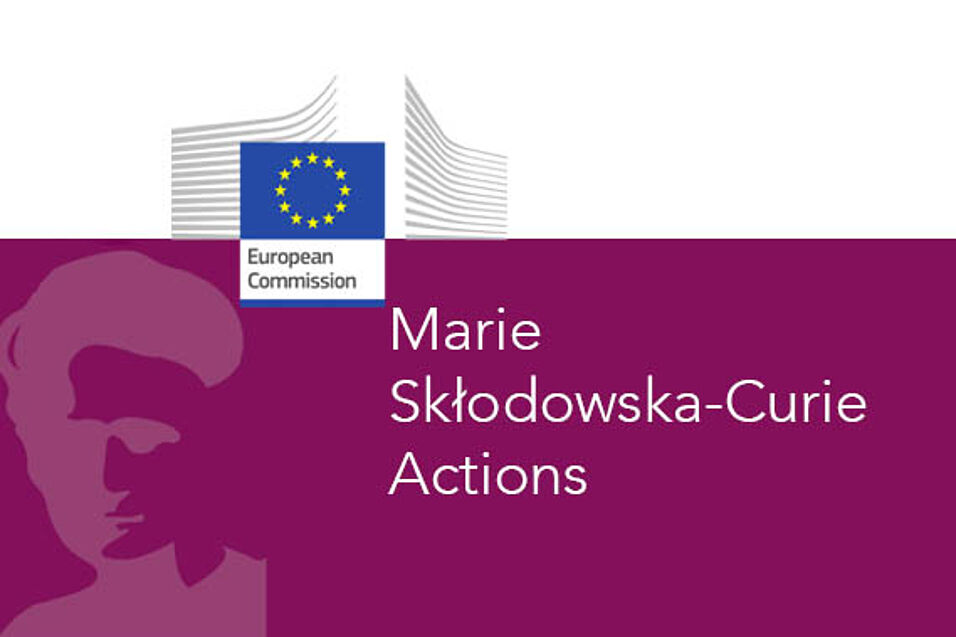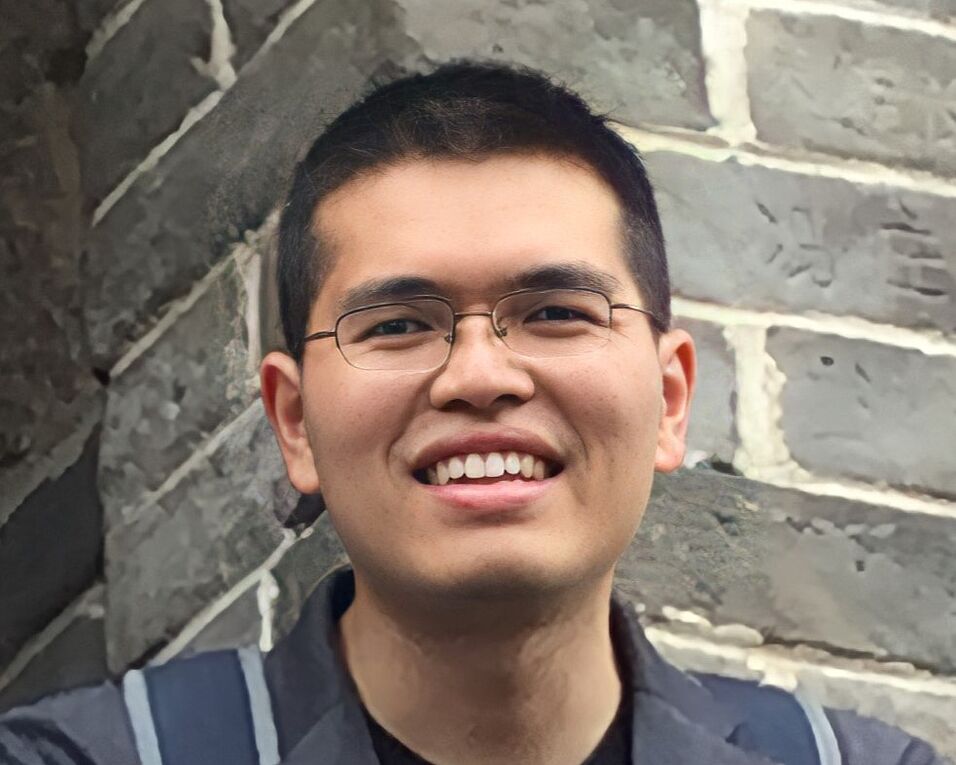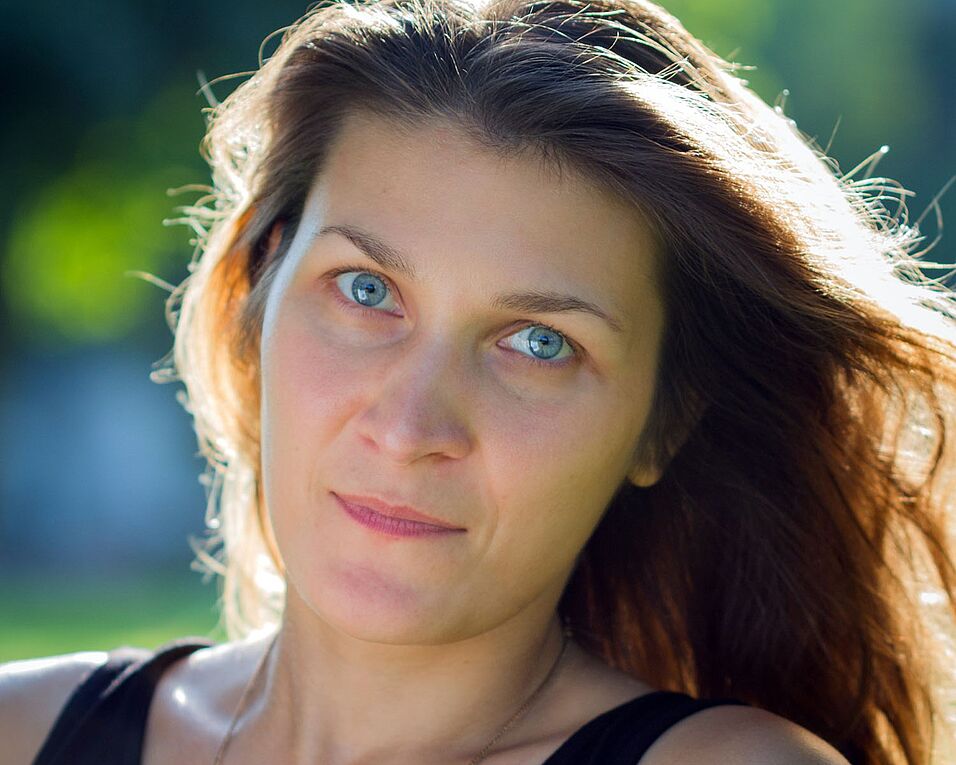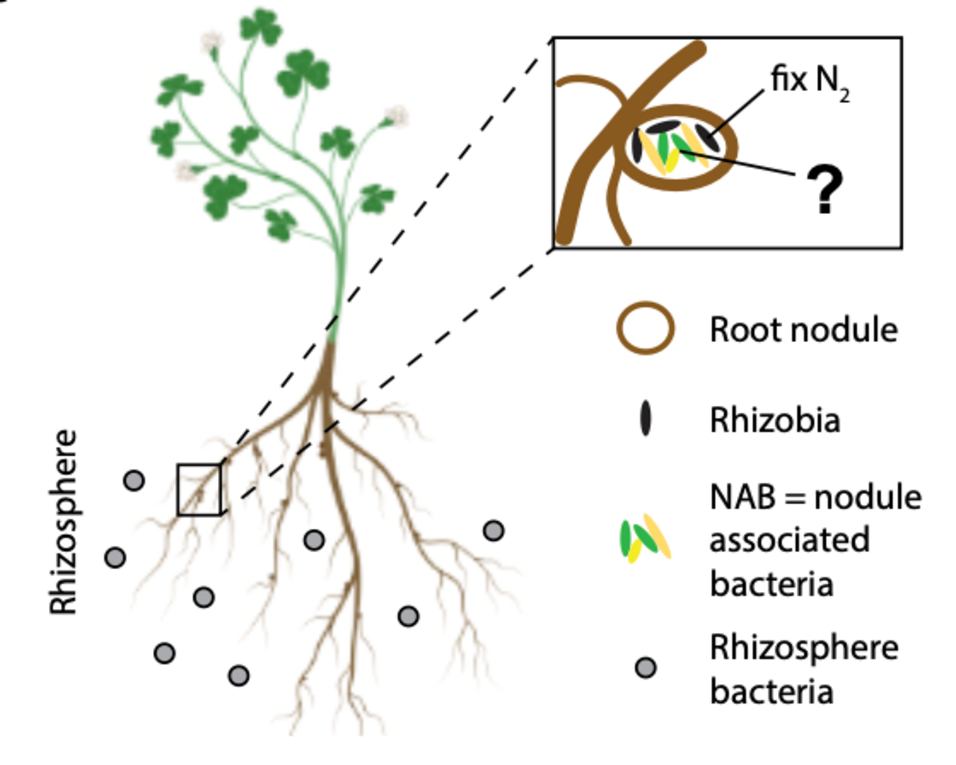In total, 18 fellowships have been awarded to the University of Vienna. This results in a success rate of 23% compared to the EU average success rate of 13-14%. The goal of the MSCA-PF programme is to support postdoctoral researchers in gaining additional skills and abilities working on a specific research project in a new environment, while transferring their knowledge to their new institution. All three DOME awardees will start to work on their research projects by the beginning of 2023.
More on the three MSCA-PF projects:
Project “DatingSuCy”: Songcan Chen will be working on a project entitled “Timing the evolution of the dissimilatory sulfur cycle: a bridge between genes and geochemistry” (DatingSuCy) in Alexander Loy’s group. This project will couple molecular dating techniques and compilation of geochemical records to document the four-billion-year history of Earth's sulfur cycle. The project will start in January 2023.
Project “PHAGECOUNTER”: Anna Lopatina will be working on the project “Systematic discovery of counter defense strategies of bacteriophages against bacterial immunity” (PHAGECOUNTER) in Martin Polz’ group. With the project, she aims to discover novel phage-encoded proteins, which specifically inhibit different bacterial immune systems, by combining fine-scale environmental sampling with computational and experimental approaches. The project will start in January 2023.
Project “FITTER”: The third project is part of Jillian Petersen's working group and focuses on “Friends with benefits – the role of endophytic bacteria in legume nodules containing nitrogen-fixing rhizobia” (FITTER). The project's goal is to explore the overlooked diversity of symbiotic microbes in natural plant root nodules. It will start in spring 2023.




